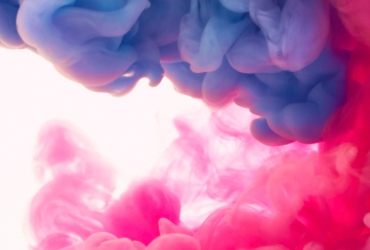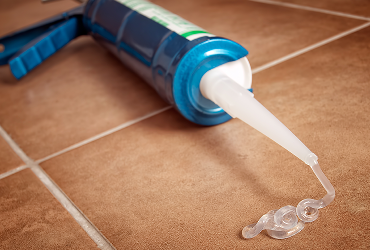Sticky or sticky surfaces may be found on some ULTRAVIOLET (UV) photocurable adhesives and coatings.
This phenomenon, called oxygen inhibition, is the result of atmospheric oxygen inhibiting the curing of the surface layer of the polymer. This happens any time radical polymerization occurs. However, the ability of a UV resin to cure "non-viscous or smooth, dry finish" depends on the composition of the adhesive or coating formulation and the intensity and wavelength of UV light.
Overcoming the effects of oxygen inhibition and producing a non-viscous surface cure depends on several factors:
Heat generated by the UV curing system
Intensity produced across the entire UV spectrum (200-390 nm)
Exposure time
A specific formulation of an adhesive or coating
In general, short-wavelength and mid-wavelength (220-320nm)UV light produced by cured mercury lamps achieves more efficient surface curing. However, short and medium wavelength curing systems do have depth of cure and safety issues associated with them, making them an undesirable choice for many UV-curing applications. Longer wavelength (320-390nm) systems typically emit a small fraction of uv light at lower wavelengths, providing fast, non-viscous curing while achieving better curing depth.
Welcome to visit our "Made in China" plateform,by clicking here.
#chinaresin #chinapolyrethane #resinmaterial #plasticresin #uvoil #uvpigment #whitepolyrethaneresin #polyrethaneresinadhesive #polyrethaneresinfoam #uvresinbulkbuy
#resin #uvresin #coatings #polyrethane

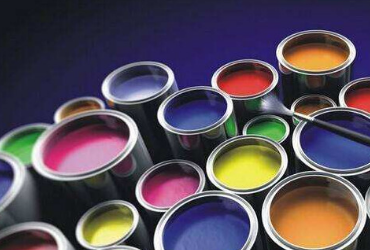
2022-08-03
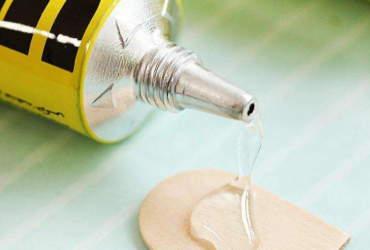
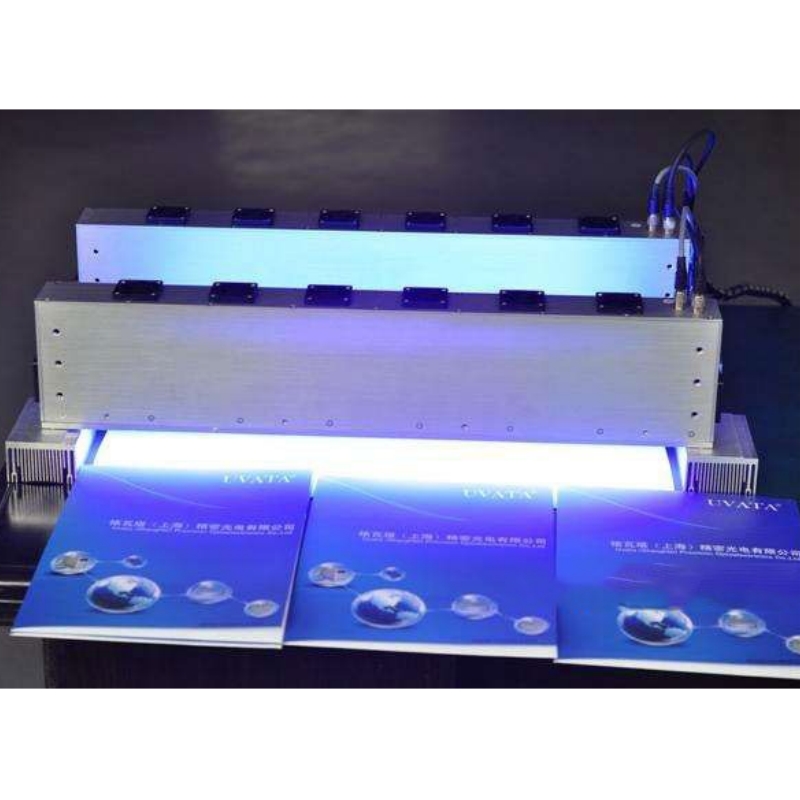
2025-01-06
